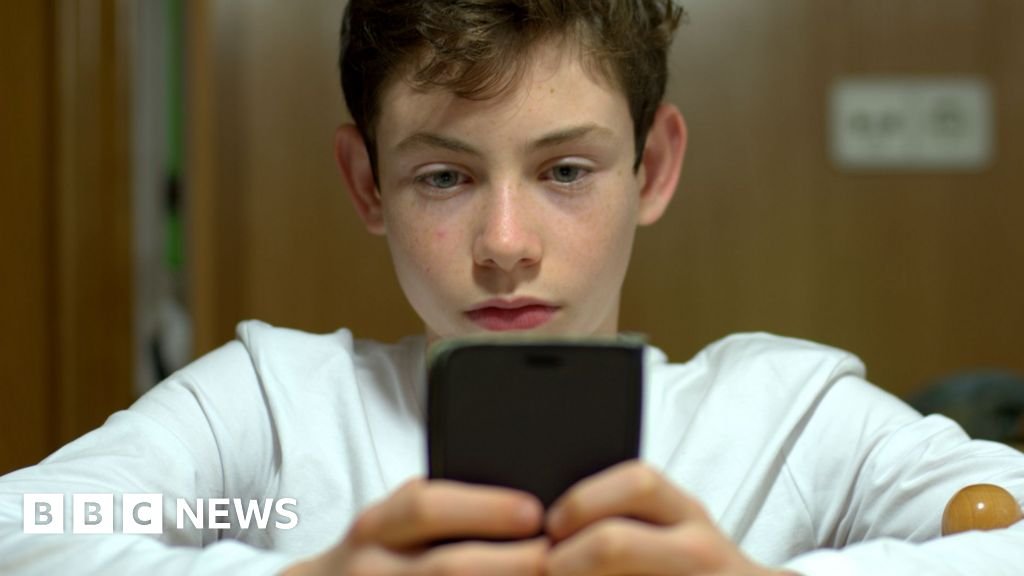It’s not the first global attempt to restrict children’s use of social media, but it includes the highest age limit set by any country and makes no exceptions for existing users or those with parental consent.
“This is a global issue and we want young Australians to have a childhood,” Albanese said when introducing the bill in the lower house last week. “We want parents to have peace of mind.”
After passing the Senate by 34 votes to 19 on Thursday night, the bill will return to the House of Representatives – where the government has a majority, meaning it is certain to pass – to approve amendments before becoming law.
The legislation does not specify which platforms will be banned. Those decisions will be made later by Australia’s communications minister, who will seek advice from the eSafety Commissioner, the internet regulator who will enforce the rules.
Gaming and messaging platforms are exempt, as are sites that can be accessed without an account, meaning YouTube, for example, is likely to be exempt.
The government says whether it will rely on some form of age-verification technology to implement the restrictions, with options to be tested in the coming months. Social media platforms will add these processes themselves.
However, digital researchers caution that there is no guarantee that the unestablished technology, which may rely on biometrics or identity information, will work. Critics also demanded guarantees that privacy would be protected.
They also warned that restrictions can be easily circumvented using tools such as VPNs, which can hide a user’s location and make it look like they are logging in from another country.
However, children who find ways to break the rules will not be punished.
Polling for the reforms, albeit limited, shows they are supported by a majority of Australian parents and carers.
“For too long parents have been faced with the impossible choice between giving in and giving their child an addictive device, or seeing their child isolated and feeling abandoned,” Amy Friedlander, who was among those lobbying for the ban, recently told the BBC.
“We’re trapped in a norm that no one wants to be a part of.”
But many experts say the ban is “too crude a tool” to effectively address the risks associated with social media use, and warn that it could end up pushing children into less regulated corners of the internet.
During a brief consultation period before the bill was passed, Google and Snap criticized the legislation for lacking more detail, and Meta said the bill would be “ineffective” and fall short of its stated goal of making children safer.
In a statement, TikTok said the government’s definition of a social media platform is so “broad and unclear” that “almost any online service could fall under (it).”
X questioned the “legality” of the bill, saying it could be inconsistent with international human rights rules and treaties to which Australia is a signatory.
Some youth advocates also accused the government of not understanding the role of social media in their lives and not allowing them to participate in the debate.
“We understand that we are vulnerable to the risks and negative impacts of social media…but we must be involved in developing solutions,” wrote the eSafety Youth Council, which advises the regulator.
Albanese acknowledged that the debate is difficult, but strongly defended the bill.
“We all know that technology is moving fast and some people will try to find ways around these new laws, but that’s no reason to ignore our responsibility,” he said.
Last year, France introduced a law to block access to social media for children under the age of 15 without parental consent, although studies show that almost half of users have been able to avoid the ban by using a VPN.
The law in the US state of Utah – which was similar to Australia’s – was struck down by a federal judge who found it unconstitutional.
Australia’s laws are watched with great interest by world leaders.
Norway recently pledged to follow in the country’s footsteps, and last week Britain’s technology secretary said a similar ban was “on the table”, although he later added “not … at the moment”.
Additional reporting by Tiffany Turnbull in Sydney

